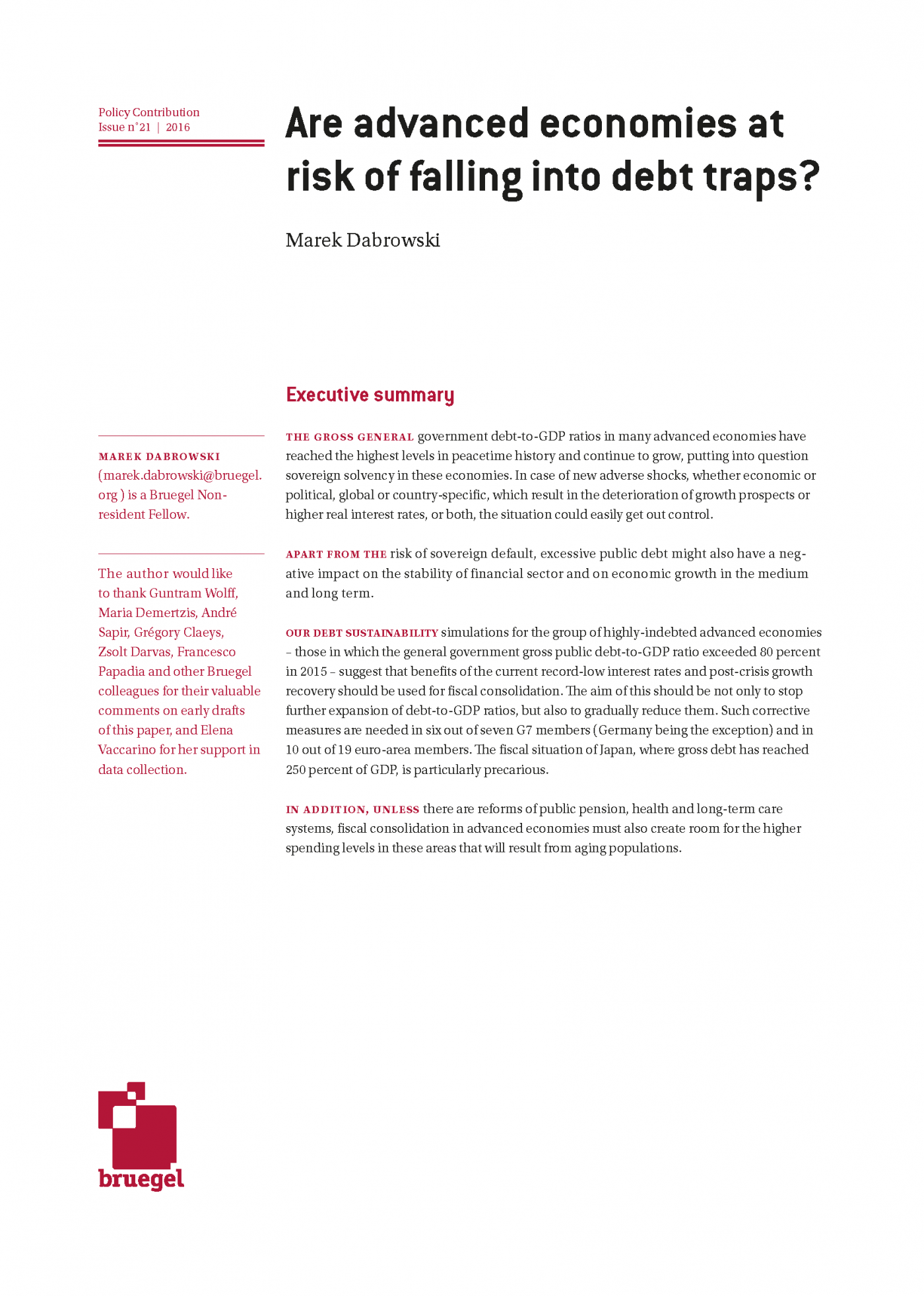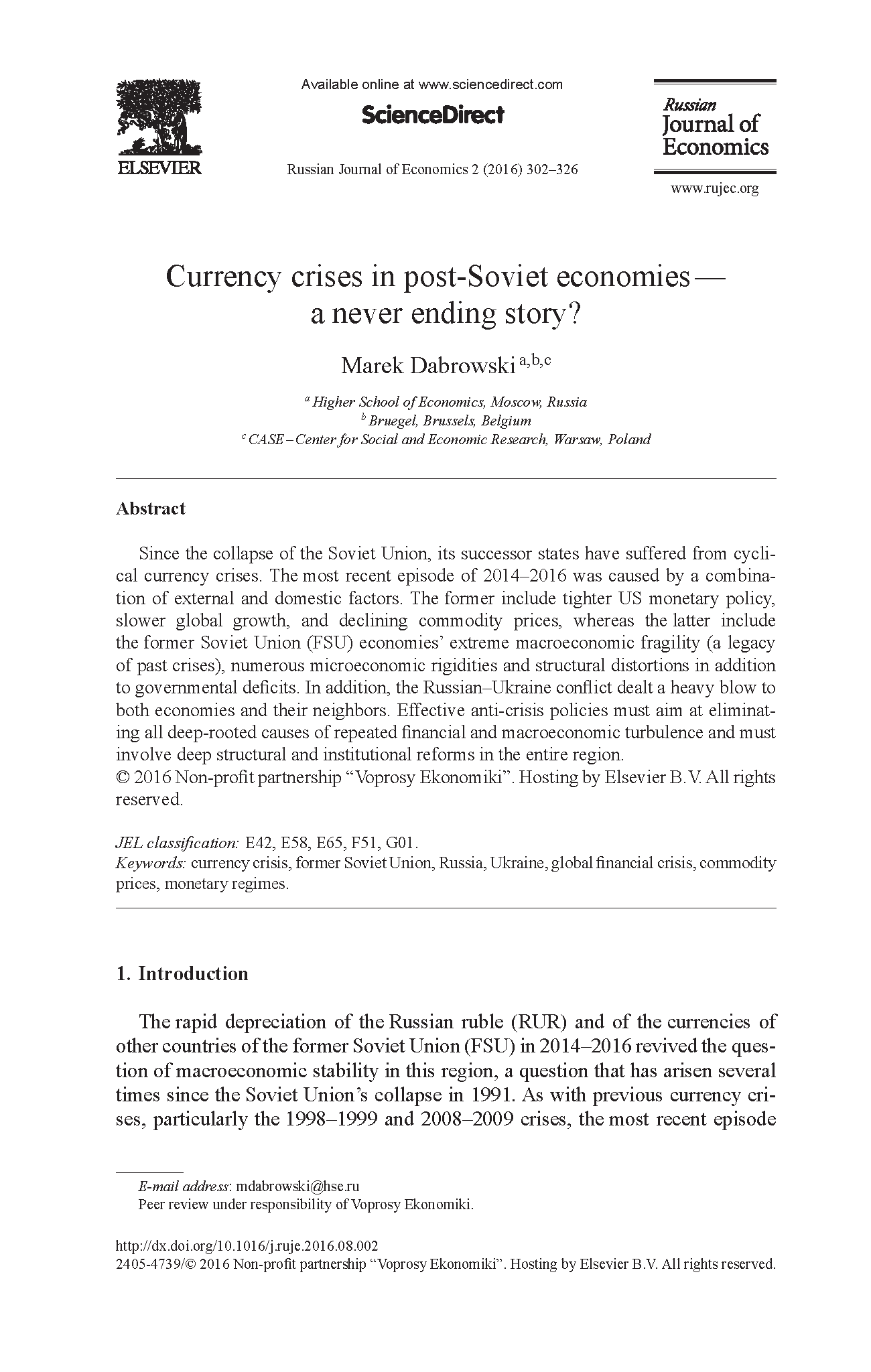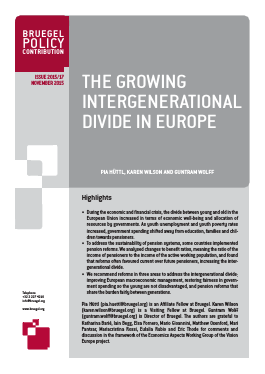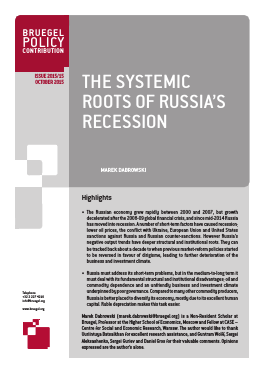Opinion


Disease, like poverty, does not stay at home
To fight the Covid-19 pandemic, best practice responses in Africa need to be implemented around international collaboration. These include the need to activate emergency operations centres, to establish a surge capacity in health systems, and to mitigate the economic and social consequences of the pandemic.








